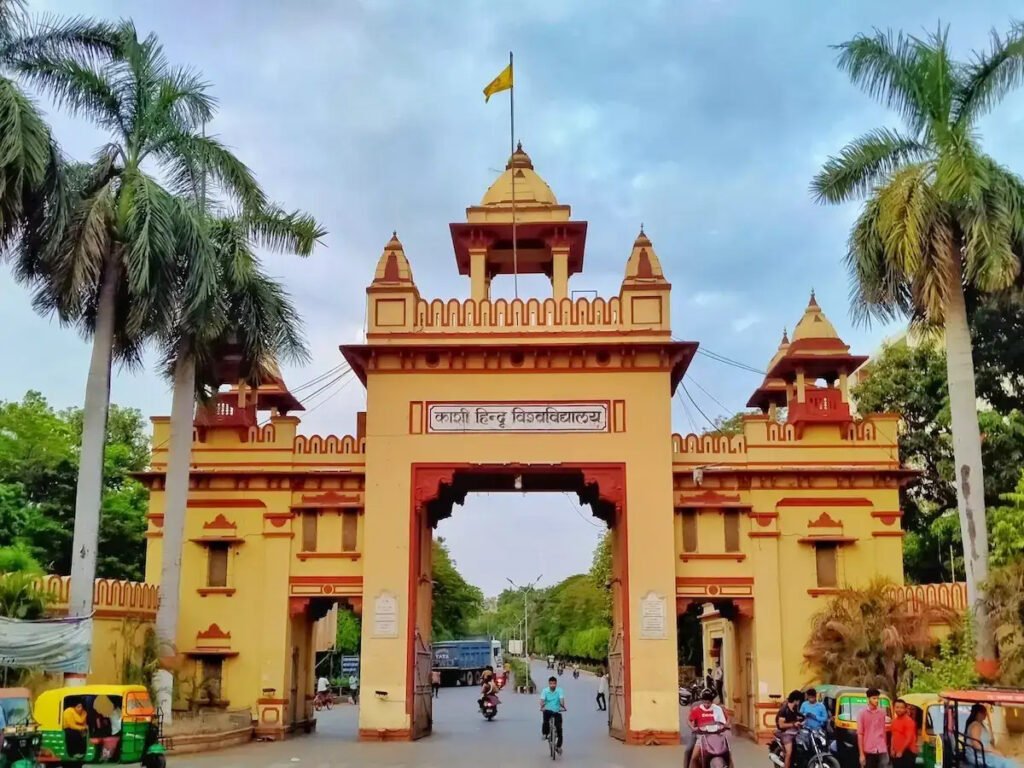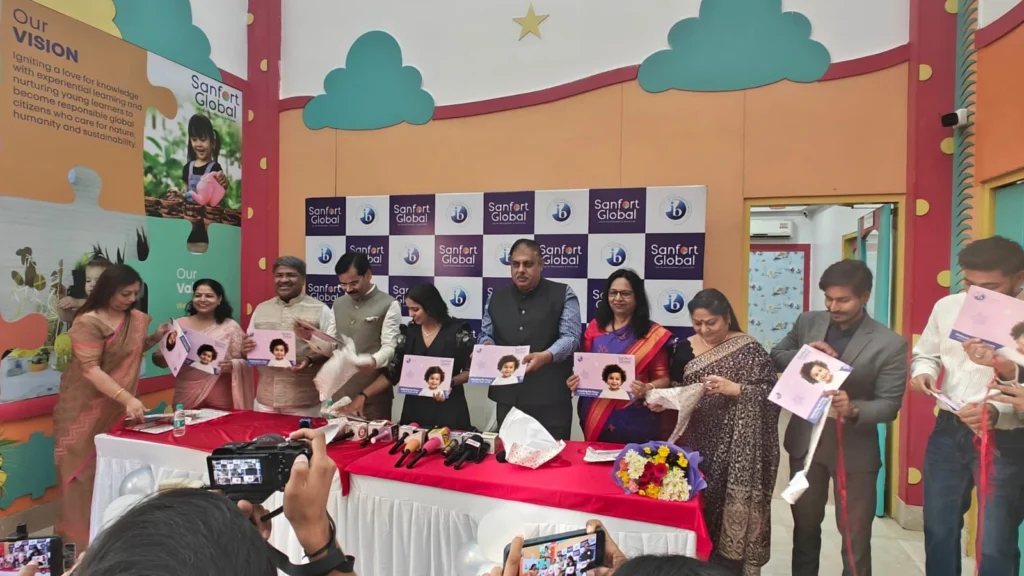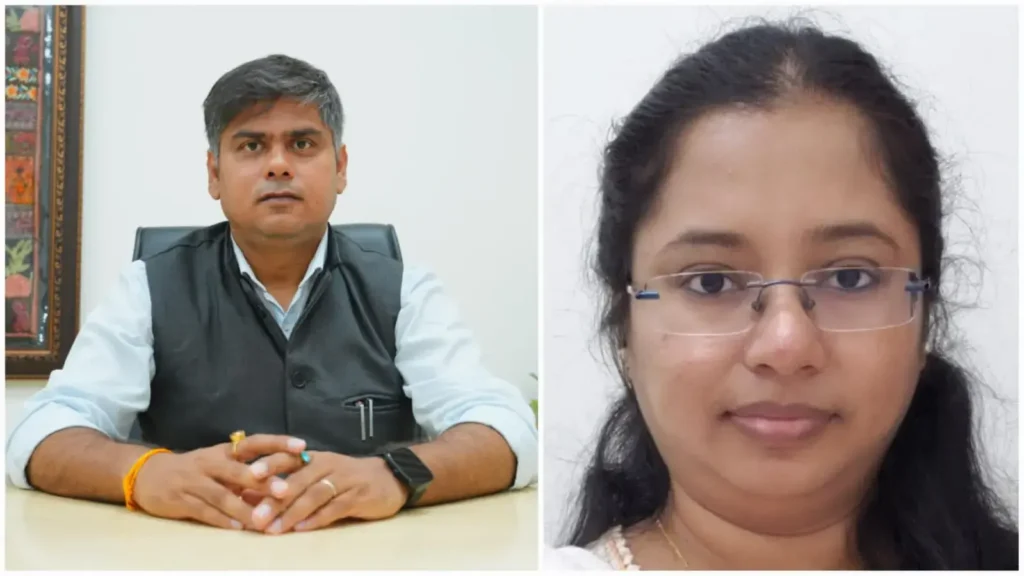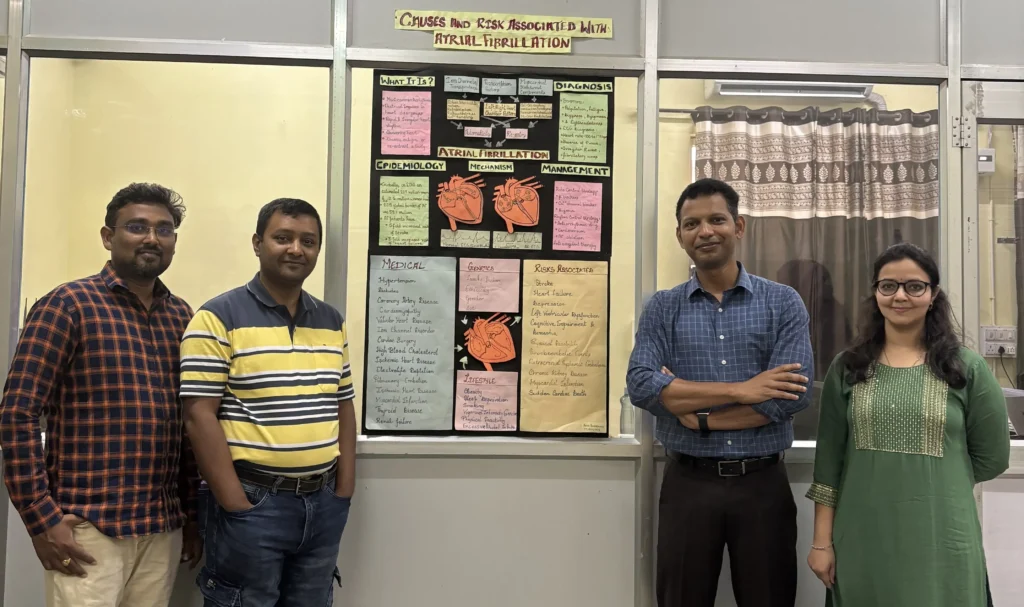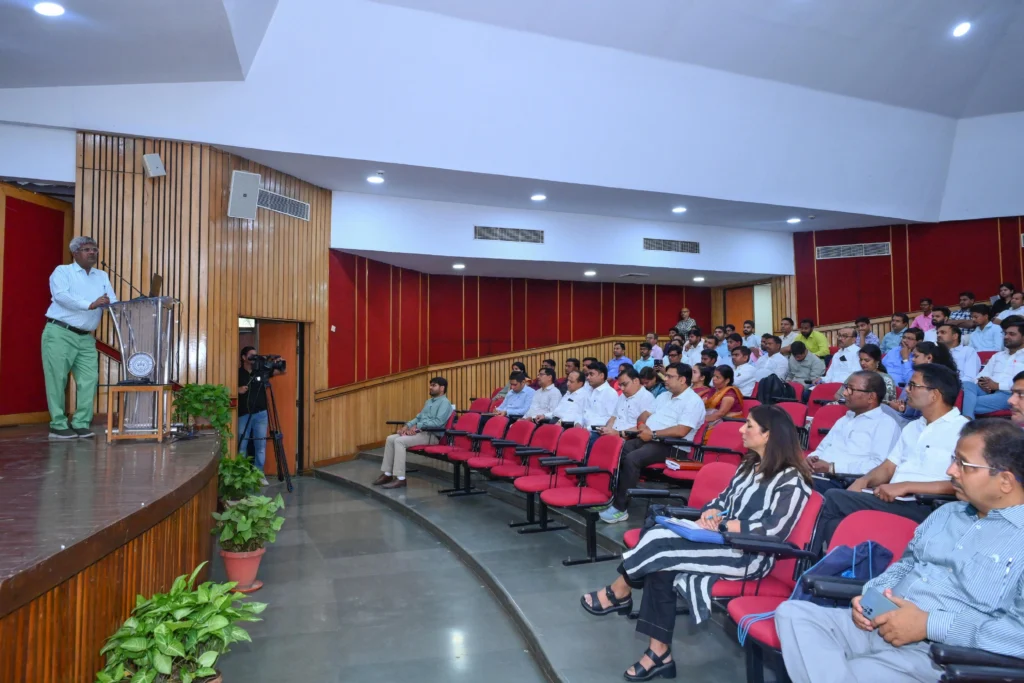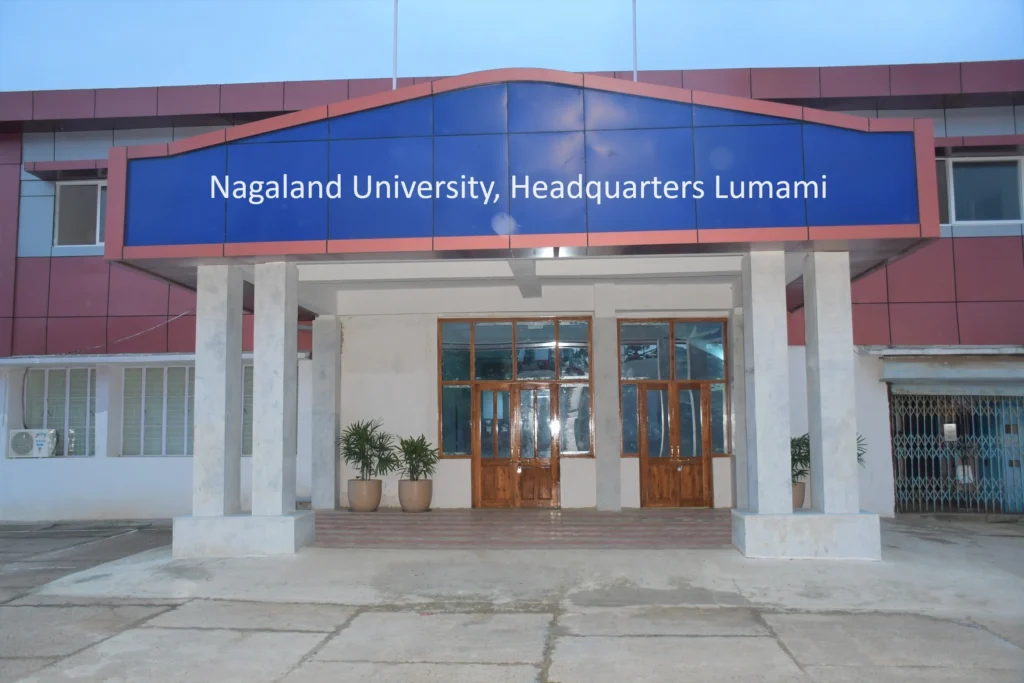LUMAMI, NAGALAND, 25th March 2025: Nagaland University Researchers are collaborating with the local community to study and conserve indigenous Fish Species in Dikhu River, Nagaland. This research integrates traditional ecological knowledge from local villagers to better understand fish diversity, fish species assessment, indigenous fishing techniques, and community-based fishing practices, an approach that is uncommon in scientific studies in the region. The Dikhu River is one of the most important tributaries of the Brahmaputra and is home to many freshwater species crucial for local biodiversity and the economy The study underscored an urgent need for focused conservation efforts in the river systems of Nagaland. These systems support a unique and rich biodiversity but are threatened by increasing human encroachment and unsustainable practices. It showed that the Dikhu River is not only vital for local communities but also plays an important role in global conservation efforts. The research team from the Zoology Department, Nagaland University (Lumami Campus) and ICAR-National Bureau of Fish Genetic Resources, Lucknow, aimed to explore and document the ichthyofaunal diversity of the Dikhu River in Nagaland. They focused on the lack of comprehensive data on fish species in the river and the pressing threats these species face due to anthropogenic pressures such as habitat destruction, overfishing, and destructive fishing techniques. The study, funded by ICAR-National Bureau of Fish Genetic Resources, Lucknow recorded 28 fish species across 6 orders, 13 families, and 3 subfamilies, with Cypriniformes being the most dominant order (67.9%). The Research was led by Dr. Pranay Punj Pankaj, Associate Professor, Department of Zoology, Nagaland University (Lumami Campus) and Ms. Metevinu Kechu, Research Scholar, Nagaland University. Their findings were published in the reputed, peer-reviewed Journal of Threatened Taxa (https://doi.org/10.11609/jott.9181.17.2.26504-26514) Elaborating on the need for such research, Dr. Pranay Punj Pankaj, Associate Professor, Department of Zoology, Nagaland University (Lumami Campus), said, “The study is significant because the Dikhu River and its fish species have received limited attention in scientific literature. Thus, this study makes a valuable contribution to the body of knowledge on the freshwater ecosystems of North Eastern India. The findings are vital for conservation strategies aimed at preserving freshwater biodiversity in North Eastern India, a biodiversity hotspot. Documenting threatened fish species and their population trends will support targeted conservation efforts.” Dr. Pranay Punj Pankaj added, “We need collaborative efforts involving local communities, conservationists and Government authorities to ensure the sustainability of river ecosystems. There is also a need for stricter regulations on destructive fishing methods, habitat protection and the promotion of traditional, sustainable fishing techniques as part of an integrated conservation strategy.” The same research team also documented the first-ever record of Garra birostris, a freshwater fish species previously found in Arunachal Pradesh, Assam, and Bhutan and now recorded in the Doyang and Dikhu rivers. This discovery further enriches Nagaland’s ichthyofauna and highlights the ecological significance of these river systems in maintaining biodiversity. The findings on Garra birostris were published under the title ‘First Record of Garra birostris Nebeshwar & Vishwanath, 2013 (Cypriniformes: Cyprinidae) from Doyang and Dikhu Rivers of Brahmaputra Drainage, Nagaland.’ Their findings were published in the reputed, peer-reviewed Journal of Threatened Taxa 14(7): 21453–21457 (https://doi.org/10.11609/jott.7075.14.7.21453-21457). Further, Ms. Metevinu Kechu, Research Scholar, Nagaland University, said, “This research provides data for policy-making on sustainable fisheries and protecting aquatic ecosystems, which is crucial for the local communities that depend on these resources. The next steps involve implementing conservation policies based on the findings, including habitat restoration programs, biodiversity monitoring, and collaboration with local stakeholders for sustainable resource management.” The Researchers also focus on providing solutions to improve fish conservation including promoting sustainable fishing practices, habitat restoration, and leveraging traditional ecological knowledge from local communities. Additionally, the study aimed to identify and document these fish species’ conservation status and population trends, focusing on threatened species in the region. Unlike many studies, this research uses seasonal variation in fish diversity and relative abundance to provide a temporal understanding of how fish populations fluctuate throughout the year. The research identified seasonal patterns in fish abundance, with the post-monsoon season supporting the highest fish diversity and abundance. The research highlights that many of these species face threats from over-exploitation, habitat degradation, and pollution due to human activities. The study underscores the urgency of implementing stricter conservation measures to safeguard these vital aquatic resources. Furthermore, the same research team also sheds light on traditional fishing methods practised by the Ao and Sumi tribes in the Dikhu River. These indigenous fishing practices, including the use of bamboo rafts, gill nets, and handmade traps, continue to play a vital role in the livelihood of local communities. The Ao and Sumi tribes’ fishing techniques are sustainable, eco-friendly, and integrated with the local ecosystem. Their findings were published in the reputed, peer-reviewed Journal of Fisheries, 11(2), 112202. Disclaimer: ‘ArdorComm Media’ Journalist was not involved in creation of this content.

